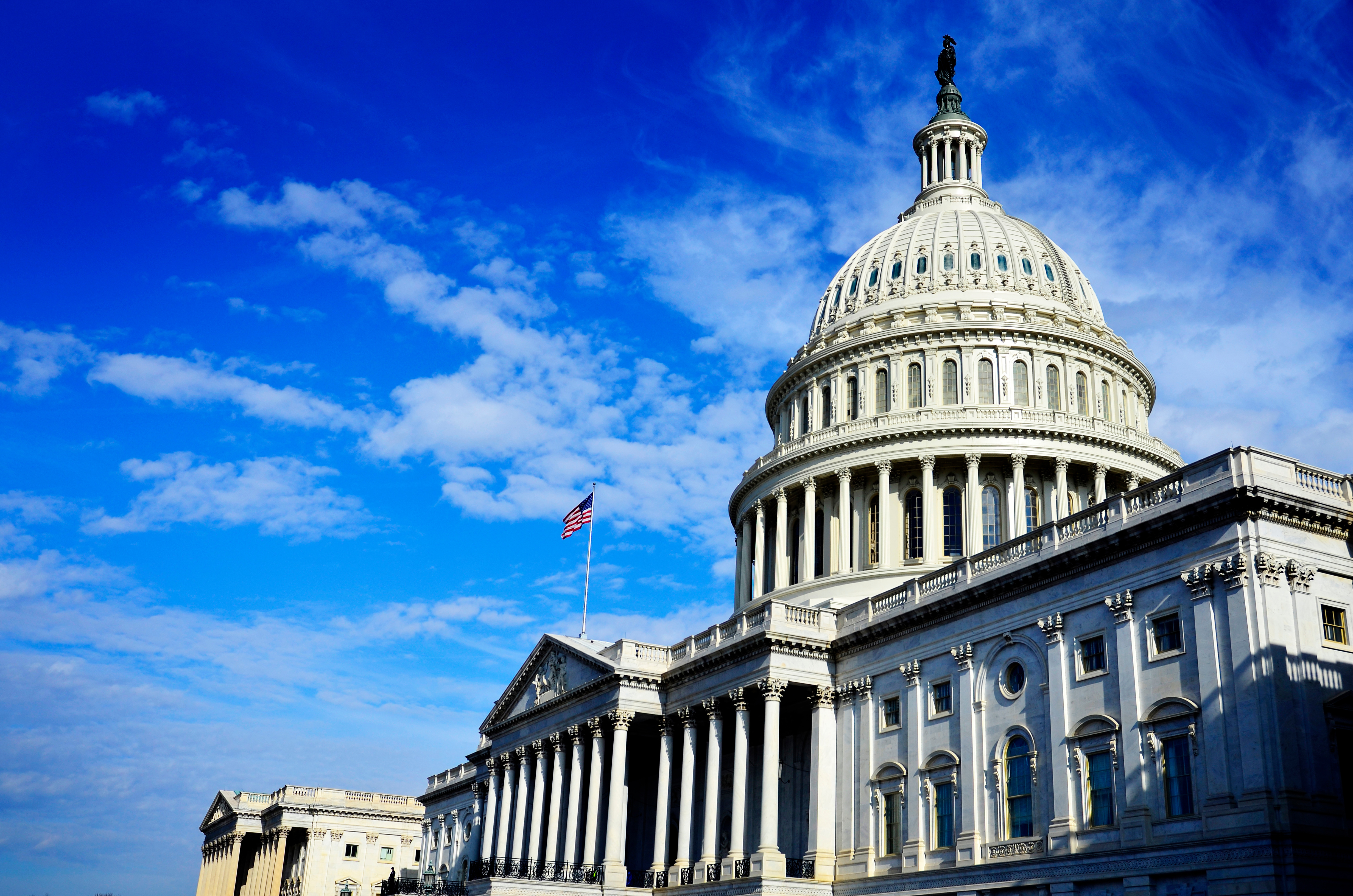Did you know that home energy tax credit amounts were increased in 2023? Taxpayers who make home energy improvements this year may be able to take advantage of these credits for qualifying expenses, which were also expanded.
The SECURE 2.0 law, which was enacted last year, contains wide-ranging changes to retirement plans. One provision in the law is that eligible employers will soon be able to provide more help to staff members facing emergencies. This will be done through what the law calls “pension-linked emergency savings accounts.”
The Federal Reserve recently announced the launch of FedNow, a new real-time payments service that will enable faster and more secure financial payments for consumers and businesses. This system has the potential to revolutionize how people make payments in the US by providing instantaneous transfer of funds between banks in a matter of seconds, available 24 hours a day, 365 days a year.
The Employee Retention Credit (ERC) was a valuable tax credit that helped employers that kept workers on staff during the height of the COVID-19 pandemic. While the credit is no longer available, eligible employers that haven’t yet claimed it might still be able to do so by filing amended payroll returns for tax years 2020 and 2021.











